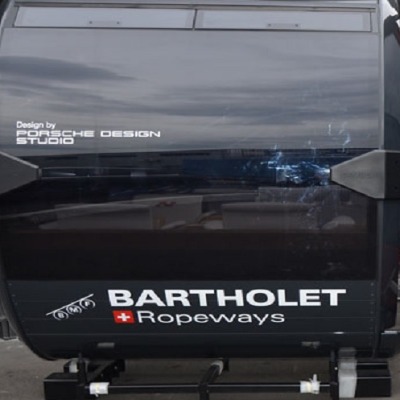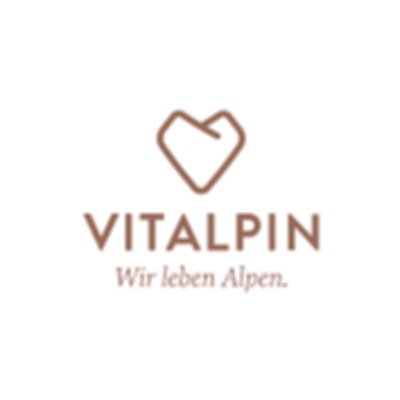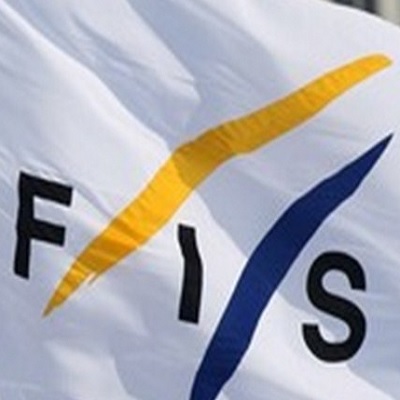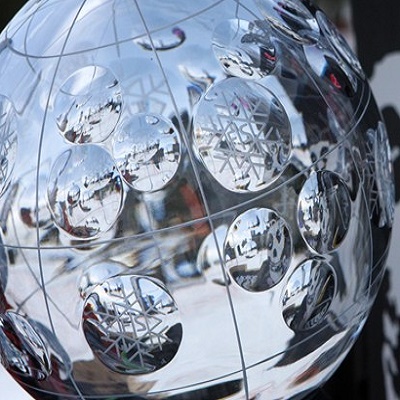Vorarlberg Lift Co’s Invest In Infrastructure And Social Sustainability
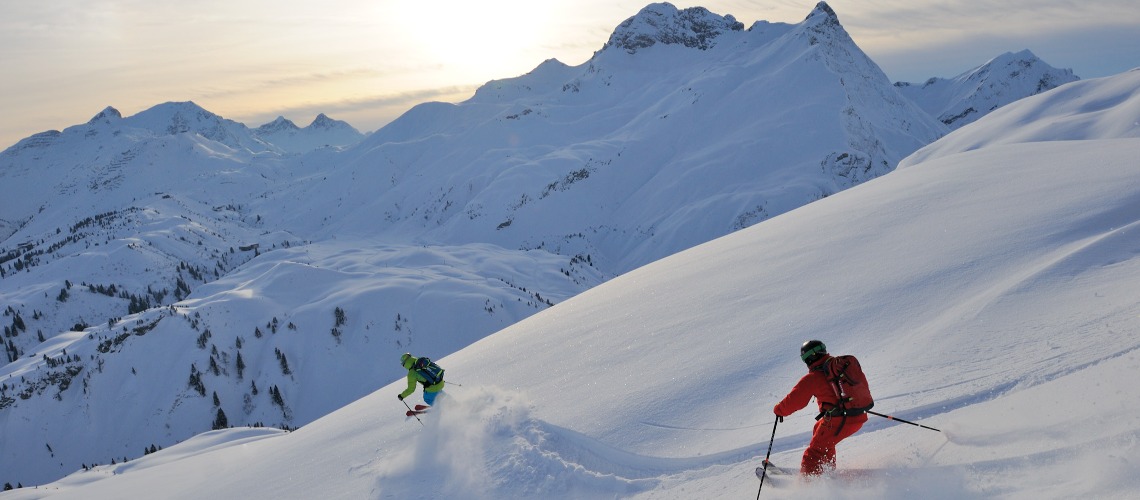
Vorarlberg is one of the most popular winter sports destinations in Europe. In addition to continuous investments in comfort and infrastructure, this is mainly due to the approximately 2,800 employees who ensure that the mountain railways run smoothly throughout Vorarlberg. The success of Vorarlberg's destinations also depends heavily on good regional cooperation in the valleys. For this reason, the coming winter season is all about social responsibility.
The 2024/25 winter season is just around the corner: season ticket presales started at the beginning of October and preparations are also in full swing in the individual ski areas. To ensure that guests are offered only the best in terms of quality, safety and comfort, major investments have been made again this year. "In recent decades, the Vorarlberg mountain railways have reinvested an average of more than 30 percent of their turnover every year. The Vorarlberg ski areas are clearly focusing on quality rather than quantity. This is also reflected in the transport capacity, which has fallen by almost 10 percent since 2017 despite numerous investments," explains Andreas Gapp, head of the Vorarlberg cable car group. For example, the Brandnertal is currently planning to build the new Loischkopf cable car: the 10-seater cable car is to replace two existing chair lifts that are over 25 years old from summer 2025. In Dornbirn, investments are being made in replacing the control system of the Karren cable car and in renovating the valley station, among other things. And other ski areas have also invested heavily.
Human Factor as the Key to Success
"In order to be successful in the long term, however, not only monetary and material investments are required. Above all, it also requires people who are passionate and committed to offering guests an unforgettable experience. On the one hand, these are our approximately 2,800 employees who work across Vorarlberg every winter - mostly unnoticed and in the background. On the other hand, it is about regional cooperation - because good cooperation is the key to successful destinations. This is what we invest in," says Andreas Gapp. To ensure that this positive cooperation is even possible, the Vorarlberg mountain railways have been implementing a wide variety of measures for years. "There are two chambers beating in our hearts. One chamber beats for our employees. This is primarily about the quality of the relationships that we have and maintain with one another. The other chamber beats for the people in the valleys. This is primarily about the contribution that the mountain railways can make to good regional cooperation in the destinations. This refers to projects and collaborations that promote social and community life in the regions and thus improve the overall quality of life of the residents," explains Gapp. The measures that result from this ultimately also have a positive effect on the employer brand of the Vorarlberg cable car industry and the Vorarlberg tourism brand.
Requirements for the tourism labor market are becoming increasingly complex
The high importance of social sustainability - especially in the tourism job market - is also confirmed by Karin Kirchmair-Lindner, expert in employee development: "Finding the right employees and - even more importantly - retaining them in the long term is much more complex today than it used to be. If you want to be successful here, you have to focus more on people's individuality. We know from thousands of interviews that appreciation, respect and treating people as equals are particularly important for sustainable employer branding. But aspects such as social integration are also important when it comes to retaining employees in the long term." Benefits such as flexible time models, a great staff house or mobility options are "nice to have", but are no longer enough on their own to stand out from the competition.
Understanding and trust through regional cooperation
"This is exactly what we are building on with our understanding of social sustainability," explains Andreas Gapp. On the one hand, the individual cable cars offer their employees extensive benefits - from company bikes to free childcare and state-of-the-art company apartments. On the other hand, however, the cable cars focus above all on hospitality and appreciative cooperation - both internally towards their own employees and externally towards the people in the valleys. "To illustrate this, we have included the category 'Regional Cooperation' in our annual sustainability evaluation 'Bergliebe', which is being published for the third time this year. There, we use specific projects to show how closely intertwined the cable cars, the valley and society are. Always with the aim of promoting trust and mutual understanding and thus laying the optimal foundation for a sustainable future," Gapp concludes.
Specialist group of the cable cars Vorarlberg
The Vorarlberg cable car specialist group represents the interests of 75 members and 32 ski areas. There are 287 cable cars and lifts in operation throughout Vorarlberg, serving a total of around 1,000 kilometres of slopes.
Factbox cable cars Vorarlberg:
- Board of Directors: Chairman Dr. Andreas Gapp (Kleinwalsertaler Bergbahn AG)
- Deputy Chairman Mag. Christoph Pfefferkorn (Lech Bergbahnen AG)
- Deputy Chairman Thomas Lerch (Gargellner Bergbahnen GmbH & Co KG)
- Managing Director Mag. Michael Tagwerker
- Members: 75 companies, 32 ski areas
- Number of lifts: 287 cable cars, chair lifts, drag lifts
More here










